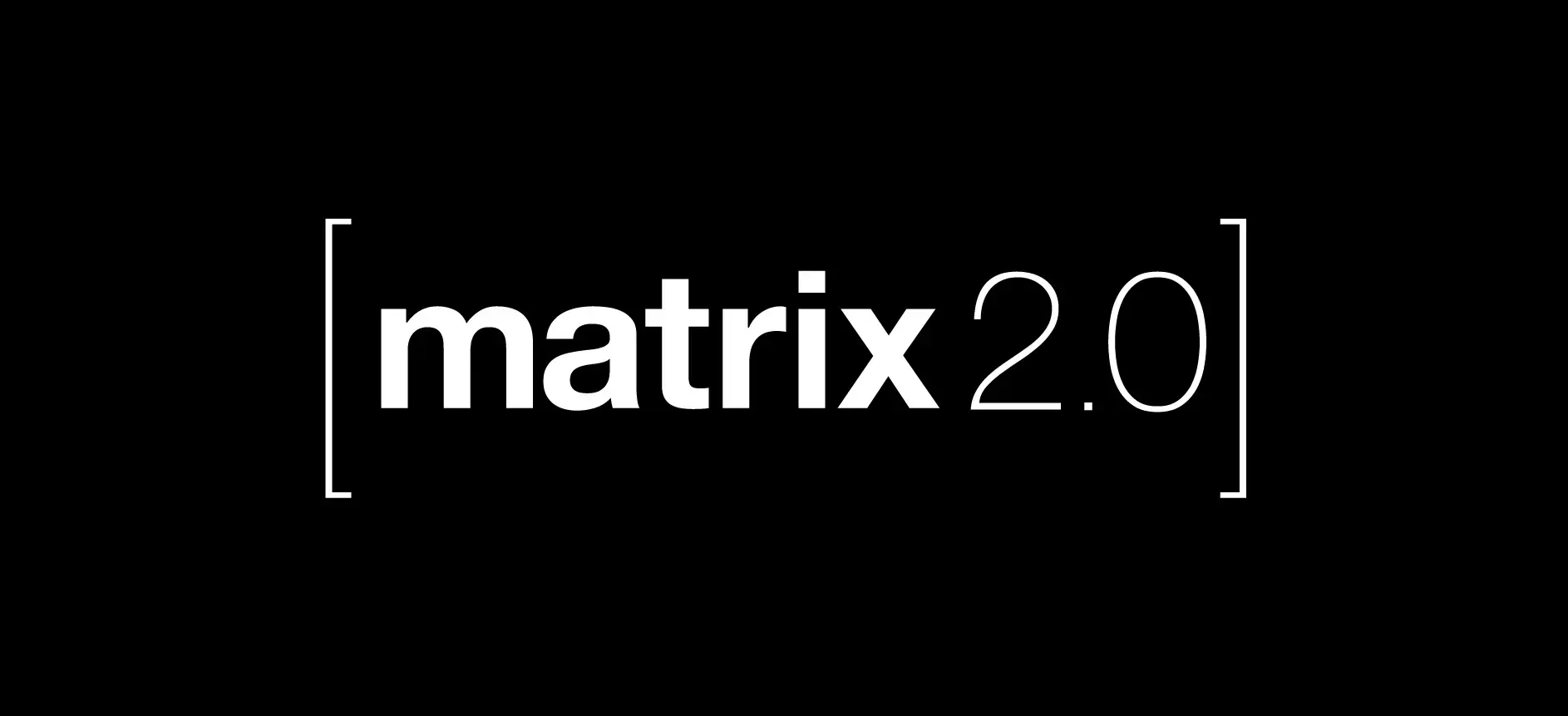Highlights include Sliding Sync (instant login/launch/sync), Native OIDC (industry-standard authentication), Native Group VoIP (end-to-end encrypted large-scale voice & video conferencing) and Faster Joins (lazy-loading room state when your server joins a room).



Well, I’m slight embarrassed. I think that was part of my confusion about Matrix - it seemed to me that it was both a protocol and a platform. That colored my memory of XMPP too. IIRC, Jabber was the client and protocol before the protocol was renamed to XMPP.
As for what I’m interested in - I’m not sure. I don’t really use discord save for a few Patreon follows; my friends use a group Signal chat. I think maybe I’m interested in recapturing the old IRC feeling of finding a chat room and just “hanging out”? I suppose I could always dig out my Irssi client config and just join Freenode again.
(Ye gods, wtf happened here to Freenode/Librachat?)
@pezhore The confusion is somewhat warranted, since matrix.org is the main/largest instance of Matrix the protocol, using Synapse the server, and having web access via Element the client.
For just text chat, anything will do. Matrix has the bonus of having a liberachat gateway, though it’s had issues recently.
But, the experience is somewhat different. [1/n]
@pezhore XMPP and IRC (to my knowledge, which very well may be outdated) are quite similar - you join a room from a client, you get a nickname, maybe a few lines of history, you chat, you close your client or lose connectivity, you don’t know anymore what’s happening there. You want to join from another client, that’s a separate session, with a different presence and name on the channel. Your clients don’t share history etc. [2/n]
@pezhore With Matrix, depending a bit on channel settings, your account joins the room and gets either all history or starting from the point of joining. And your account is in the channel. Regardless of what clients you use, and how many of them you use, and whether they’re online at the time or not, it’s your server keeping track of what’s going on in the channel, and keeping history of it, so you have one presence and same view regardless of type and count and connectivity of clients. [3/3]
That’s not true in the case of XMPP: upon reconnecting, any modern client will request from the server enough messages to recreate the missing history (of course it’s up to you/the client to put a limit to that if you want).
I think even IRC(v3) is taking that route.